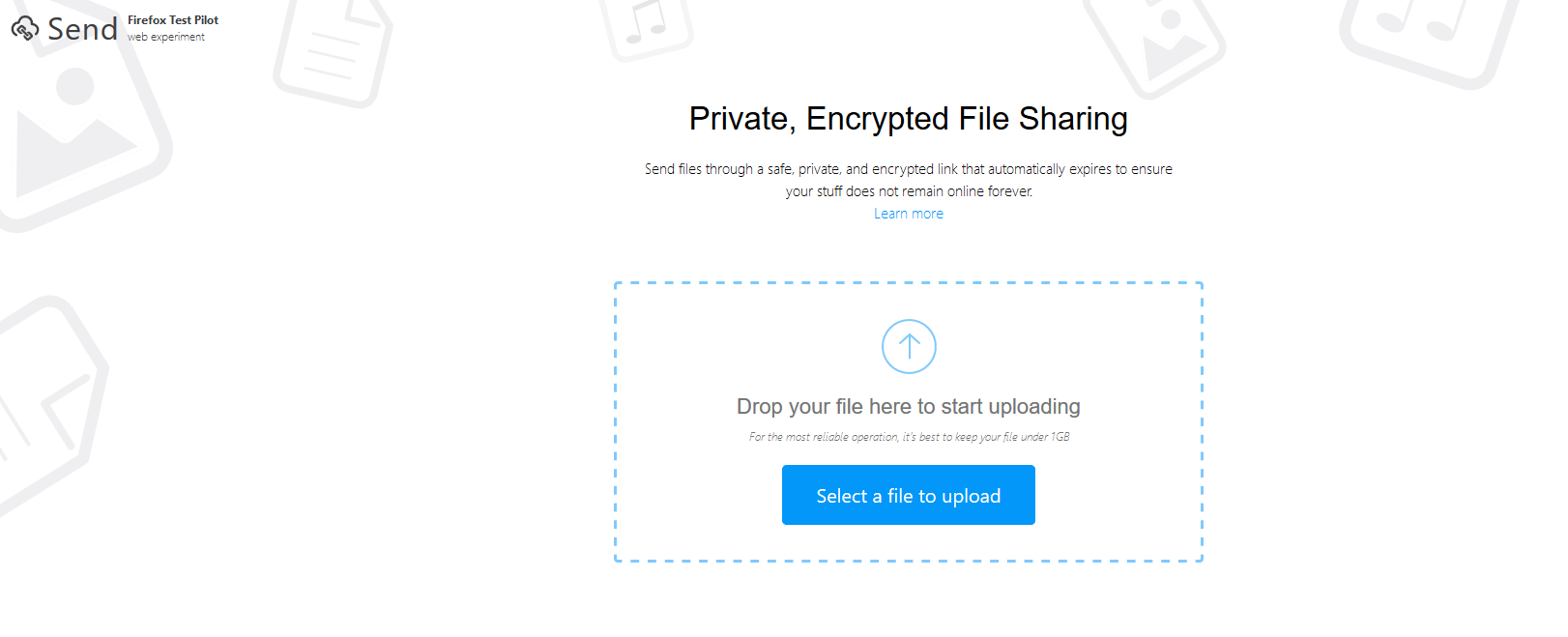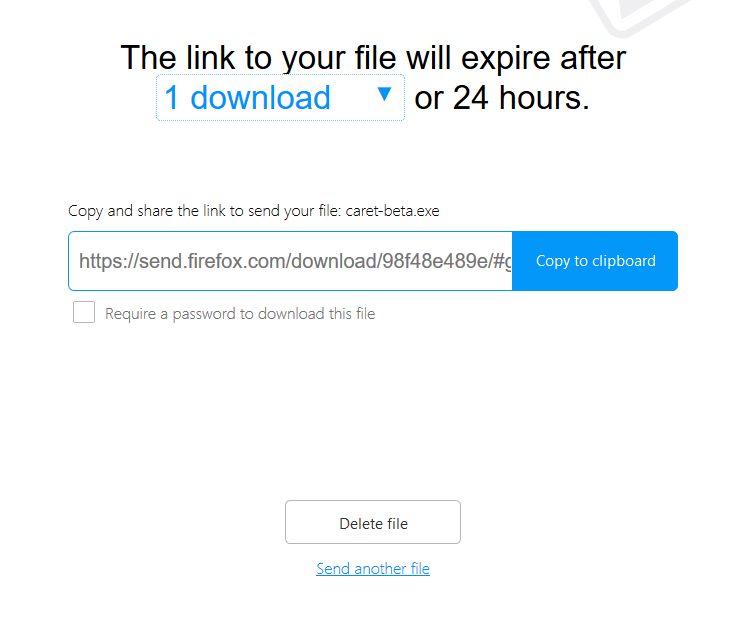Google Chrome has always been a resource hog, but you may have noticed it's been consuming just a little bit more RAM lately (on your desktop).
This new more demanding Chrome is because of the Google's Spectre mitigation efforts.
The Google Chrome security team has enabled site isolation as a default (in Chrome v67 for desktops). Justin Schuh, head of Google Chrome Security, explained that site isolation separates each website process thereby preventing a malicious tab from stealing data from another.
“When Site Isolation is enabled, each renderer process contains documents from at most one site. This means all navigations to cross-site documents cause a tab to switch processes. It also means all cross-site iframes are put into a different process than their parent frame, using “out-of-process iframes.” ”
Technical highlights: The current version defends only against data leakage attacks (e.g. Spectre), but work is underway to protect against attacks from compromised renderers. We also haven't shipped to Android yet, as we're still working on resource consumption issues.
— Justin Schuh 😑 (@justinschuh) July 11, 2018
Don't expect to see this update on the Android version anytime soon, the resource consumption requirements are too high (for now).
Chrome is obviously my browser of choice but I have been concerned at the amount of resources it requires and this move (although right from a security perspective) further pushes Chrome in the wrong direction.
Additional reading:








